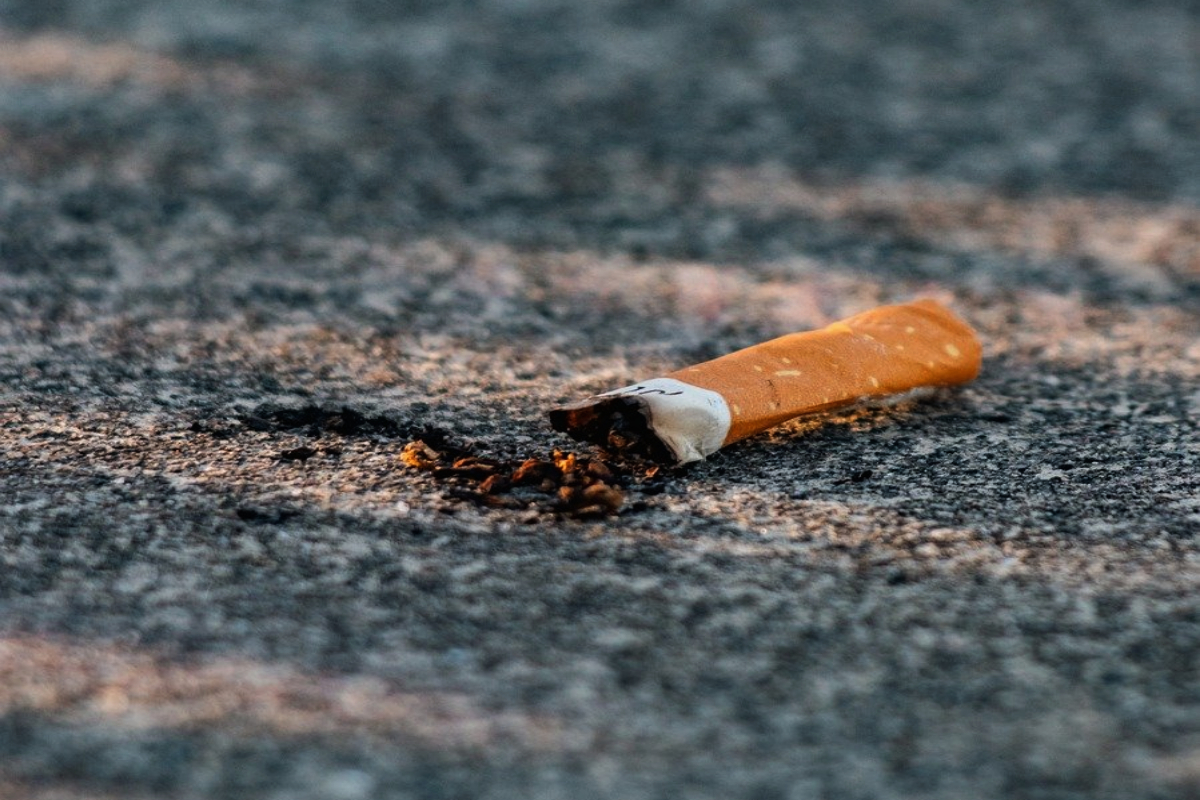- The average amount of alcohol consumed by those who took the medication.
- Psoriatic arthritis and psoriatic arthritis can both be treated with the FDA-approved anti-inflammatory Apremilast.
- Patients were evaluated after 11 days of treatment.
Researchers from Oregon Health & Science University and other national institutions have discovered that a pill used to treat common skin conditions is an “extremely promising” treatment for alcoholism.
The average amount of alcohol consumed by those who took the medication, which is called apremilast, was cut in half, from five drinks per day to two.
Angela Ozburn, PhD, co-senior author and OHSU School of Medicine associate professor of behavioural neuroscience and research biologist for the Portland VA Health Care System, stated, “I’ve never seen anything like that before.”
Ozburn and his colleagues began searching a genetic database in 2015 for compounds likely to inhibit the expression of genes associated with heavy alcohol consumption.
Psoriatic arthritis and psoriatic arthritis can both be treated with the FDA-approved anti-inflammatory Apremilast.
After that, they put it through its paces in a variety of different strains of mice and two distinct animal models that have a genetic tendency toward excessive drinking. Apremilast reduced alcohol consumption in all instances among a variety of models who were predisposed to moderate to heavy alcohol use. They discovered that apremilast increased activity in the nucleus accumbens, the brain region responsible for controlling alcohol consumption.
Apremilast was then tested on people by researchers at the Scripps Research Institute in La Jolla, California.
51 people participated in the Scripps team’s clinical proof-of-concept study, which was double-blind and placebo-controlled. Patients were evaluated after 11 days of treatment.
Co-senior author Barbara Mason, PhD, a Pearson Family professor in the Department of Molecular Medicine at Scripps, stated, “Apremilast’s large effect size on reducing drinking, combined with its good tolerability in our participants, suggests it is an excellent candidate for further evaluation as a novel treatment for people with alcohol use disorder.”
Mason predicts that apremilast may be even more effective among people who are motivated to reduce their alcohol consumption, as the clinical study included individuals with alcohol use disorder who were not in search of any kind of treatment.
Ozburn stated, “It is essential for more clinical trials to be conducted on individuals seeking treatment.” We found that apremilast worked in mice in this study. It worked on people as well as in various labs. This holds tremendous promise for addiction treatment as a whole.”
The National Institute on Alcohol Abuse and Alcoholism estimates that alcohol-related deaths account for 95,000 deaths annually in the United States.
In the United States, alcohol use disorder is currently treated with three medications: Antabuse, which causes an acute sensitivity similar to a hangover after drinking alcohol; acamprosate, a prescription idea to settle compound motioning in the cerebrum that is related with backslide; and naltrexone, a drug that prevents the euphoric effects of opioids and alcohol. ANI)
[embedpost slug=”/us-allows-selling-of-abortion-pills-at-pharmacies/”]





















